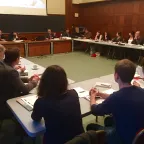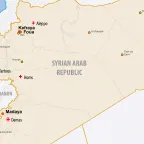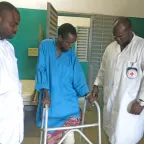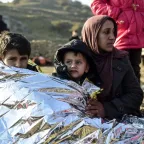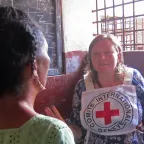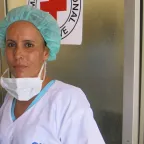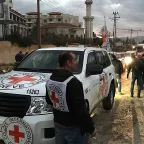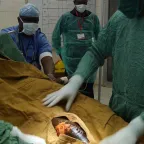Introductory Seminar on International Humanitarian Law in Brussels
The International Committee of the Red Cross, the Belgian Red Cross and the Network on Humanitarian Action (NOHA) based at the Catholic University of Louvain (UCL) are organizing a 2,5-day …

